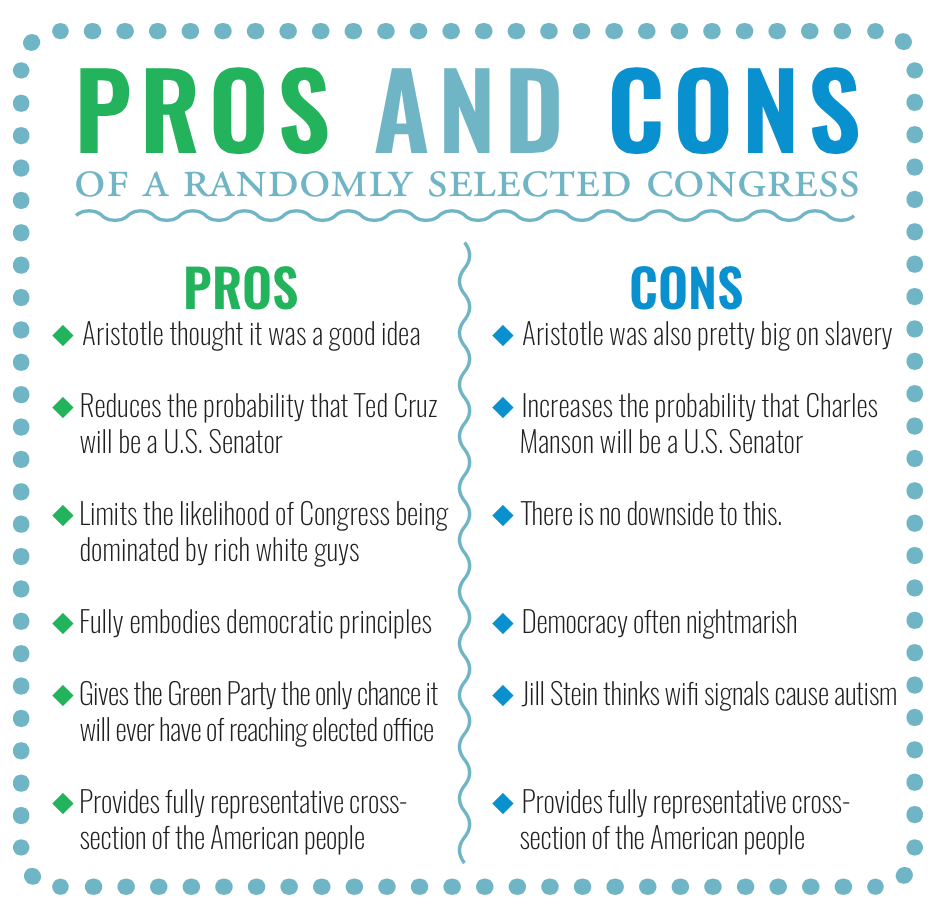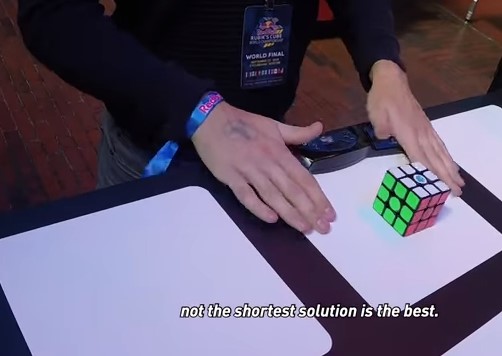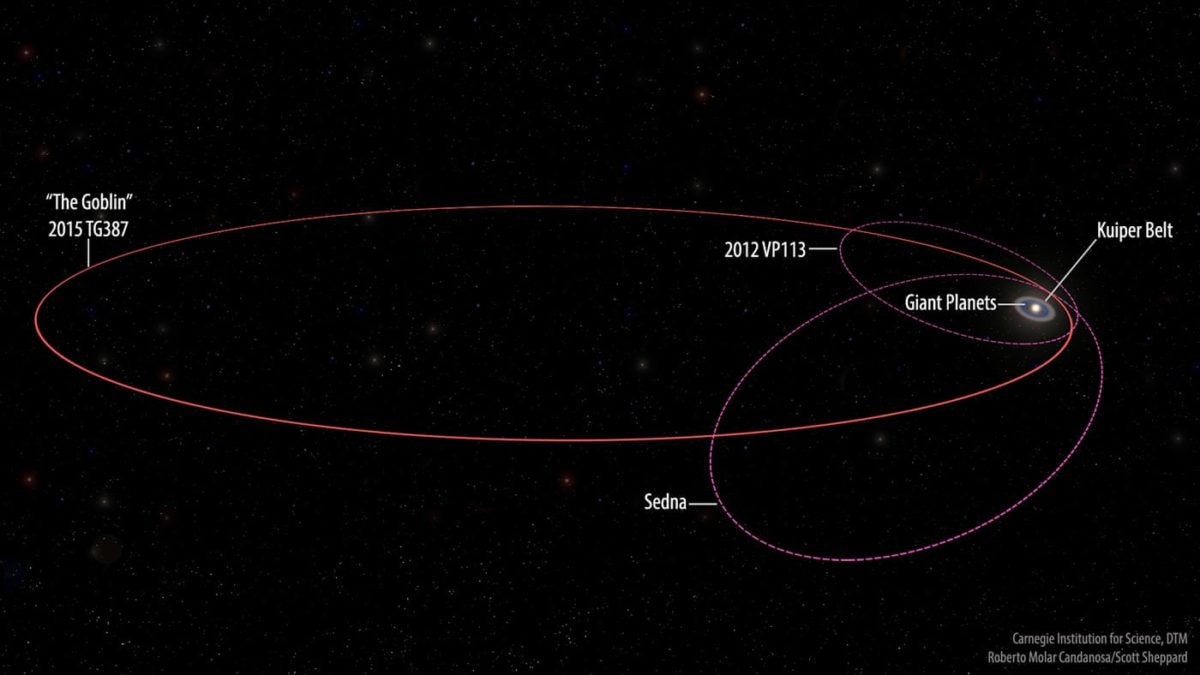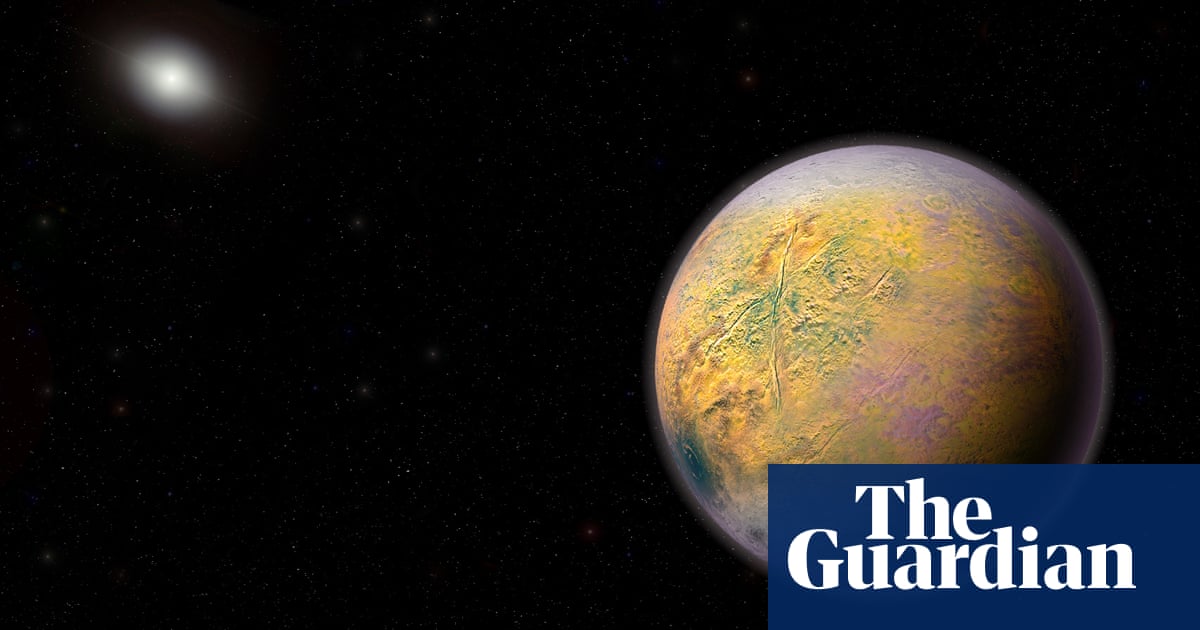
Sortition has all the benefits of campaign finance reform, and then some. For starters, the great Sortition Amendment will be much simpler and easier to understand than whatever nightmarishly complicated reform scheme it would take to make elections viable. Legislators will be chosen by lot from the entire adult population. Boom, no more campaign spending: the $1,771,368,063 that went into Congressional campaigns last year can now be donated instead to scientific research and children’s hospitals and dirigible-based public transport systems and other such useful things. Without reelection campaigns hanging over legislator’s heads, nobody can be honeyed or coerced into advancing particular legislative agendas, except by the kind of quid pro quo, “here’s a nice sack of cash” methods that are more easily punishable as corruption. Interest groups will still lobby to persuade legislators, of course, but they won’t be able to influence their nomination or the length of their tenure.
Will the Sortition Congress actually be good at making laws? Who knows. Will they be worse at making laws than the Congress we have now? Is that even possible?






